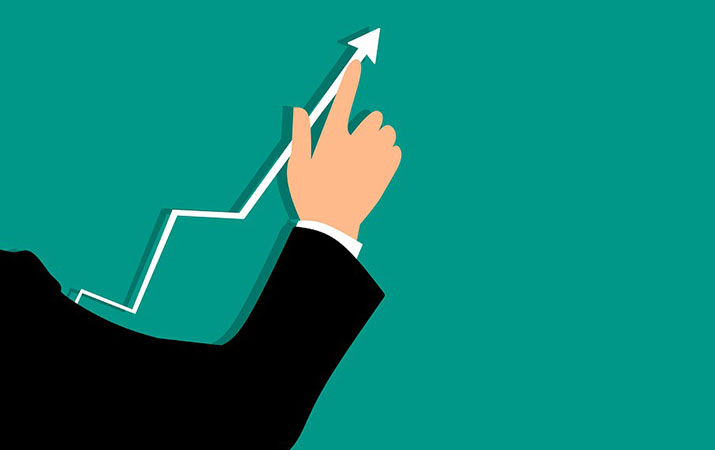
You never know where coronavirus will strike next – not just the bug itself but also the businesses that are suffering from disruption to supplies from China. Even Apple can’t keep the virus at bay.
Production of the iPhone is affected, heaven knows for how long, and that means a knock-on effect for the companies that sell them. It’s the sort of news that shareholders of Dixons Carphone (DC.) like me could well do without, though we shouldn’t have been taken by surprise that supply chains are being hit.
Dixons has been struggling with declining mobile phone sales for several months and the impact has been reflected in the share price. Like-for-like sales of mobiles in the UK and Ireland fell 9% over the Christmas trading period.
Two factors mitigate the impact of Apple’s troubles. Firstly, Dixons sells mobile phones from other suppliers. Customers will have a choice of switching to something available now or waiting to buy iPhones as soon as they are in the stores again. The impact on sales may therefore prove to be fairly short-term.
Secondly, electrical products sold in the group’s Currys stores are going well, ameliorating the effects of the mobile phone downturn.
Dixons traded at 500p at the start of 2016 but sank as low as 105p last August. The shares have made only a partial recovery to around 134p. I therefore feel that the current share price fully reflects the bad news. I stress, though, that my view may be clouded by the fact that I am a shareholder. If you think that is the case, use your own judgement and stay away. There are plenty more companies to invest in.
The Spoils of War
While ethical investing comes increasingly into fashion, less squeamish investors continue to make money out of BAE Systems (BA.). Not only have the shares risen from 465p to 650p over the past 12 months, a gain of more than 40%, but the dividend total of 23.2p represents a yield of 3.6% at the current share price. Those who bought a year ago have made a total gain of nearly 50% already.
Sales, profits and cash flow were significantly higher in 2019 while debt was reduced. It sounds like a recipe for continued success. BAA can even afford to slice £1 billion off the pension deficit.
Not everyone, however, will be enthused about making money from supplying fighter aircraft to Saudi Arabia and Qatar, or salving their conscience with the thought that if we don’t do it someone else will. Laser guided rockets might seem less unpalatable if they weren’t called Advanced Precision Kill Weapon System (APKWS).
If you’re still interested, underlying earnings per share are expected to grow around 5-7% this year, which isn’t at all bad from an investment point of view. Much of the improvement will come in the United States. Another positive sign is the strong visibility of earnings.
The shares will do well again this year but probably won’t soar as far as they did in 2019, so don’t expect to make a killing, at least not in the investment sense.
Floral Flop
The disaster on Britain’s High Streets fills me with sadness, and few stories are sadder than Laura Ashley (ALY), which has had a fair bit of trade from me and my wife in the past. Perhaps it is significant that I can’t remember when we last actually set foot in a store, let alone bought anything.
The shares bounced 15% on news that it had secured funding with Wells Fargo Bank to keep going for now, which sounds impressive until you realise that they were still below 2p. I reckon that’s about 1.9p more than they are worth. The crisis is far from over. Don’t even think about buying for recovery.




























